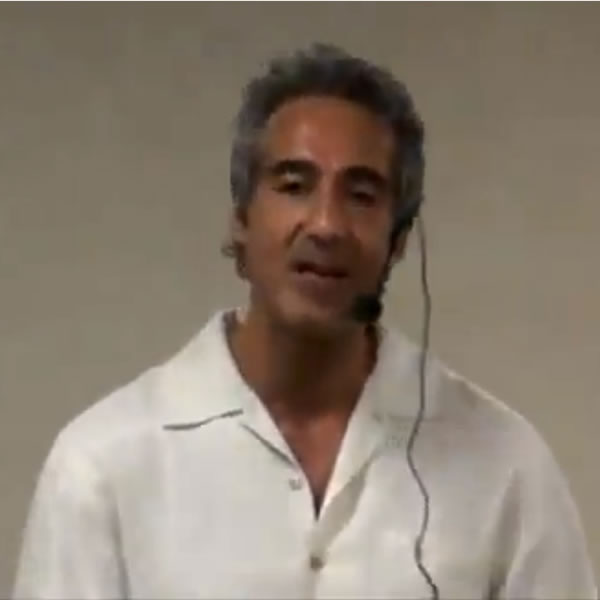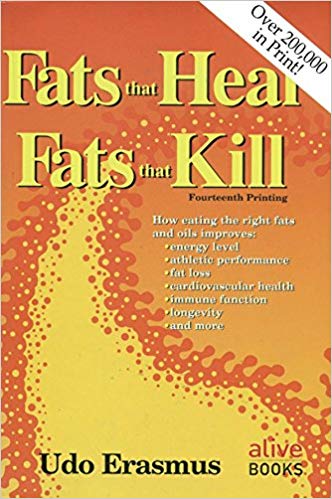In an article that was published in October of 2010 in the journal “Psychological Science” collaborating researchers from Harvard and Columbia Universities found that humans and animals can up-regulate, (i.e. stimulate) the production of healing chemicals by intentionally assuming open, wide, spread out expansive positions and postures; holding the shoulder up and widening the chest muscles for as little as two minutes. In that short period of time, according to the researchers, you can drop your stress hormone levels, and increase testosterone and other anabolic building hormones, just by holding the body in certain positions.

When someone experiences a stressful event, the amygdala, an area of the brain that contributes to emotional processing, sends a distress signal to the hypothalamus. Harvard Health
When was the last time you went to as doctor’s office for your arthritis or osteoporosis, autoimmune or degenerative disease and had him tell you to keep your shoulder wide and open up your chest? Probably never, but strategies like these that can not only improve our ability to heal in a completely non-toxic fashion, but even more importantly they can keep us from having to interact with an intrusive and ineffective medical model that has presided over the most dramatic increase in degenerative disease in the history of man.
The stress response that manifests as elevations in blood pressure, clotting of the blood, suppression of the immune system, and a laxity of the digestive musculature is the unifying component in the devolvement of all degenerative diseases. It’s the one thing they all have in common. Whether you’re dealing with arthritis, osteoporosis, cardiovascular health issues, digestive distress, autoimmune issues, or any of the 12,800 various diagnosis that you can get from your MD, the one thing all of these various pathologies have in common is an underlying activation of stress response chemistry.
The stress response is a survival response; it’s the way the body handles a threat to its existence, whether perceived or real. The body communicates to the brain via chemicals that are secreted into the blood. When a threat is sensed stress chemicals will enter into the blood, which will travel to the brain, which will in turn initiate various biochemical activities to dispatch the threat.
One of the first things that the brain will do is signal the liver to release sugar, which is required for quick bursts of energy in anticipation of handling survival needs via “fight or flight”. Of course, if the stress is only perceived and doesn’t require actual fighting or fleeing, the sugar released from the liver won’t get used but will likely make its way into a fat cell. In this way excessive stimulation of fight or flight biochemistry, without the actual fight or flight occurring, can result in an increase in the size of fat cells. To make matters worse, fat storage itself is a survival mechanism. In other words, if the body thinks it’s survival is being threatened all sugar will be readily converted into fat. That means that in addition to all that excess stress induced sugar released from the liver that is going to get converted to fat, under conditions of repeated and chronic fight or flight stimulation, any sugars and carbohydrate that we’re eating will get stored as fat pretty efficiently as well. This is the brain’s way of protecting us from what it thinks is the main survival threat, which is starvation. Repeated activation of survival biochemistry is one if the main reasons for our obesity epidemic, and until we figure out how to deal with the stress response it isn’t going to be going away. If you’re one of the many folks who is trying to lose weight, but you can’t seem to do it, this might be why. Weight gain is, often times, the manifestation of a stress response; and as long as the brain thinks survival is being threatened it can be very difficult to drop the pounds.
If you just can’t seem to drop the pounds regardless of aerobic exercise and counting calories, consider techniques to reduce the stress response. Slow, deep breathing works. So do hot tubs and massage. Taking regular naps can help. Reducing the intake of sugars and processed foods, which can represent a major stress burden, is important. And because nutritional deficiencies are a major survival threat, making sure you’re using the “Mighty 90” essential nutrients throughout the day should be a pillar of any anti stress, weight loss program.










